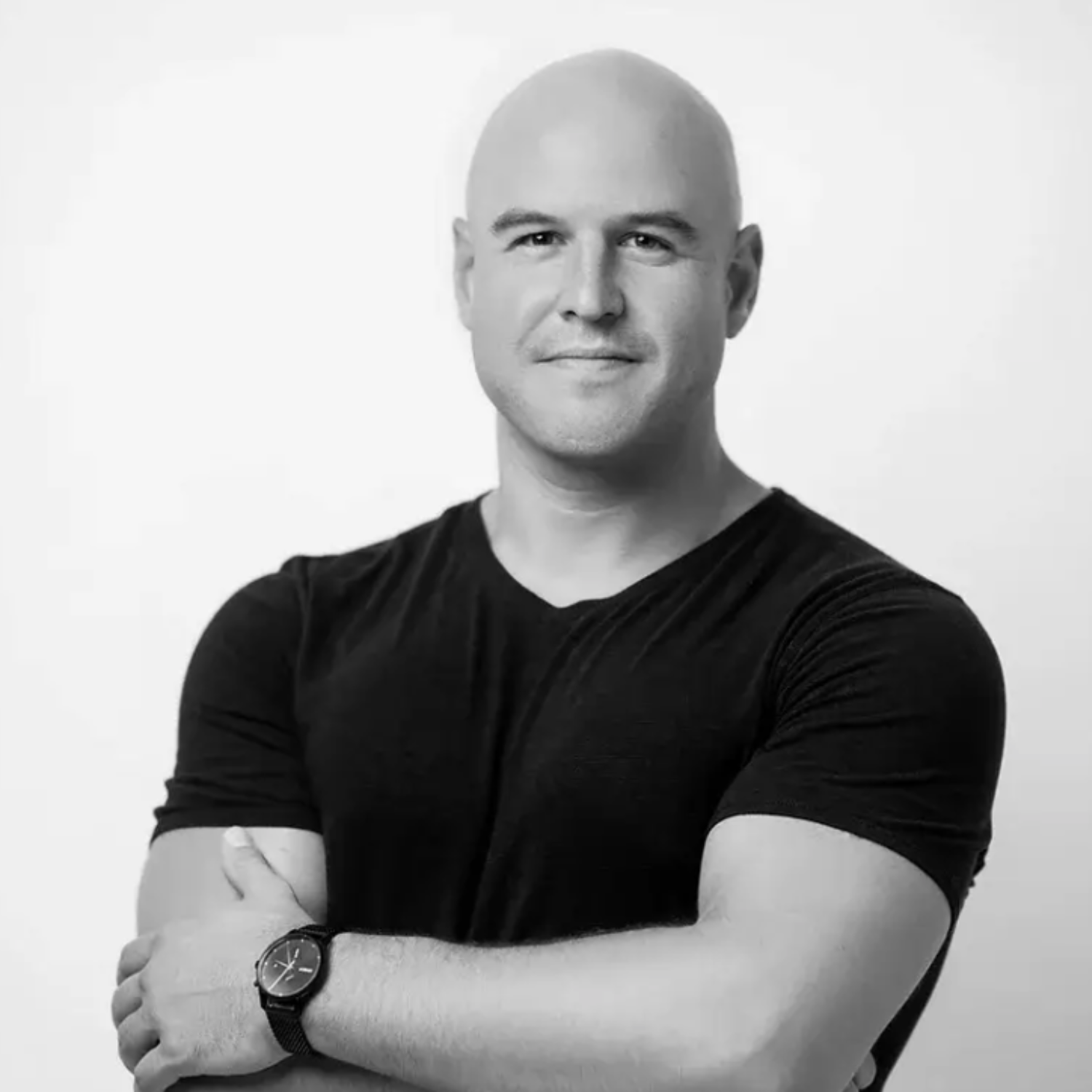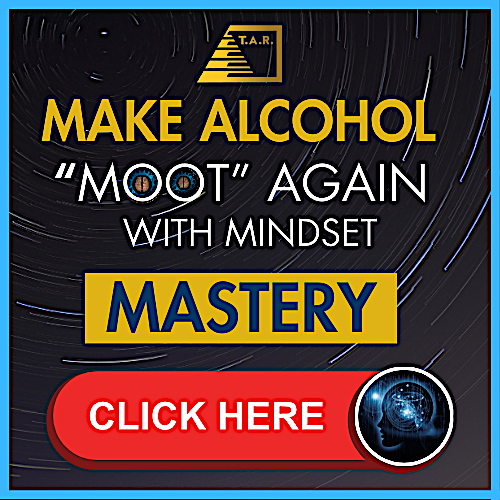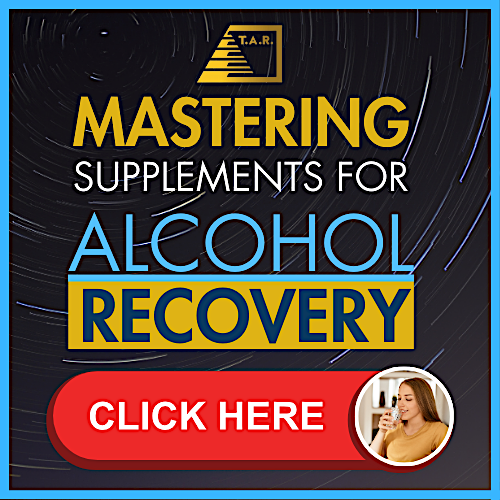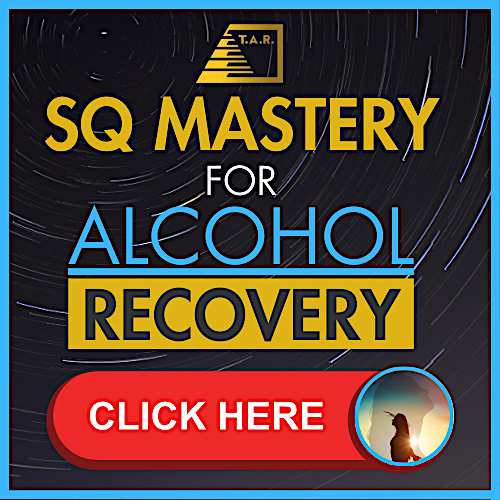Fit Recovery contains a lot of information that can be useful for conquering alcohol withdrawal. I want to go a step further and cover five of the most effective methods of alcohol detox at home.
It’s important to understand that these methods are listed in no particular order. One is not better than another, because everyone is biochemically unique. The best plan will ultimately depend on your own biochemistry and the severity of your addiction.
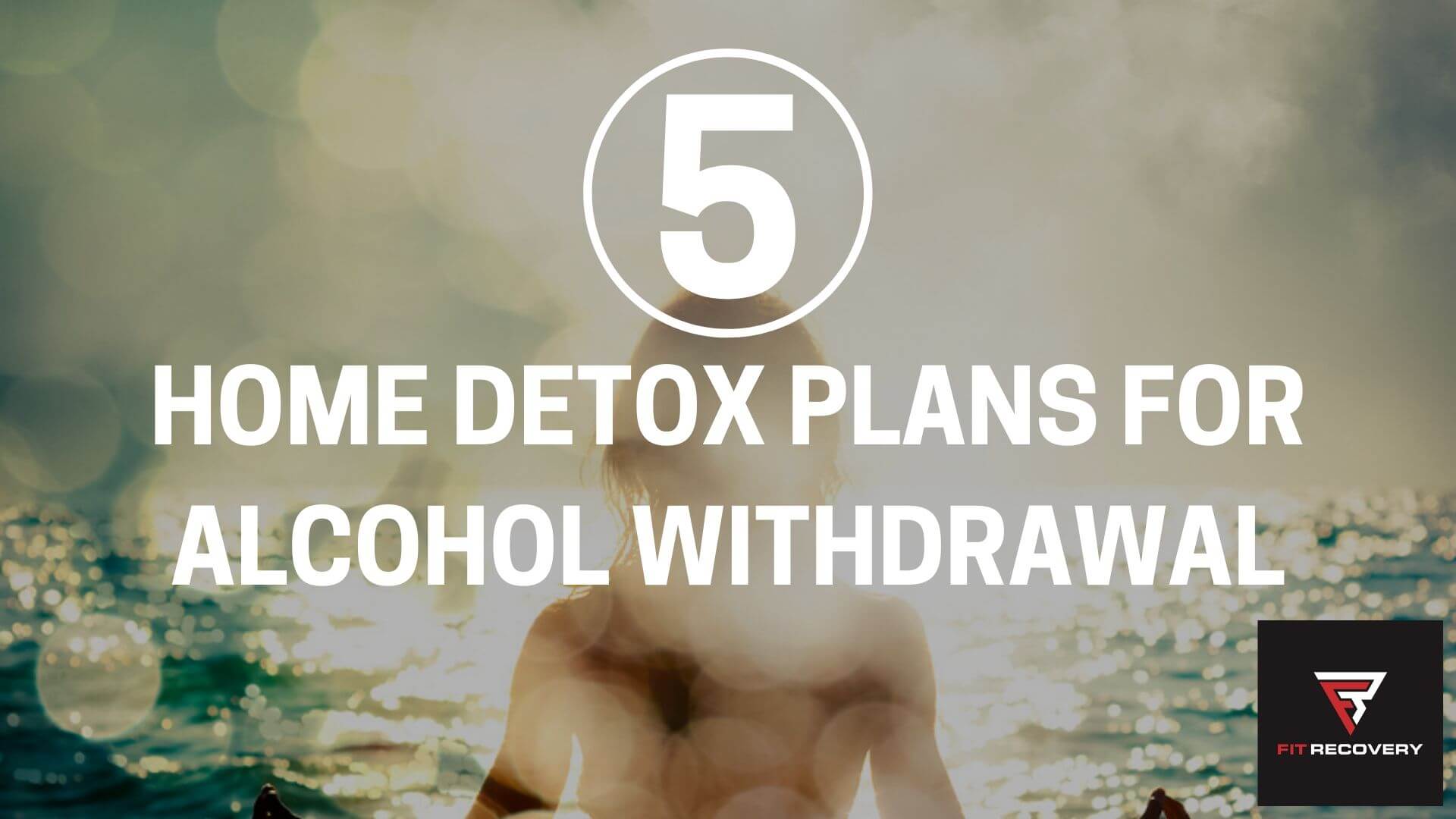
Dealing at Home
Someone who has been drinking a liter of vodka daily for years can have severe withdrawal symptoms upon quitting cold turkey, including hallucinations and seizures. If this is your situation, then you will be best treated in a hospital rather than with home remedies for withdrawal.
With that said, some very heavy drinkers simply do not have access to medical care. The information below can be lifesaving when there are no other options available. Moreover, if your withdrawal symptoms are not severe, then you will absolutely benefit from the information in this article.
Once we cover how to treat withdrawal at home, we will explore the most successful way to stop drinking once and for all.
5 Plans
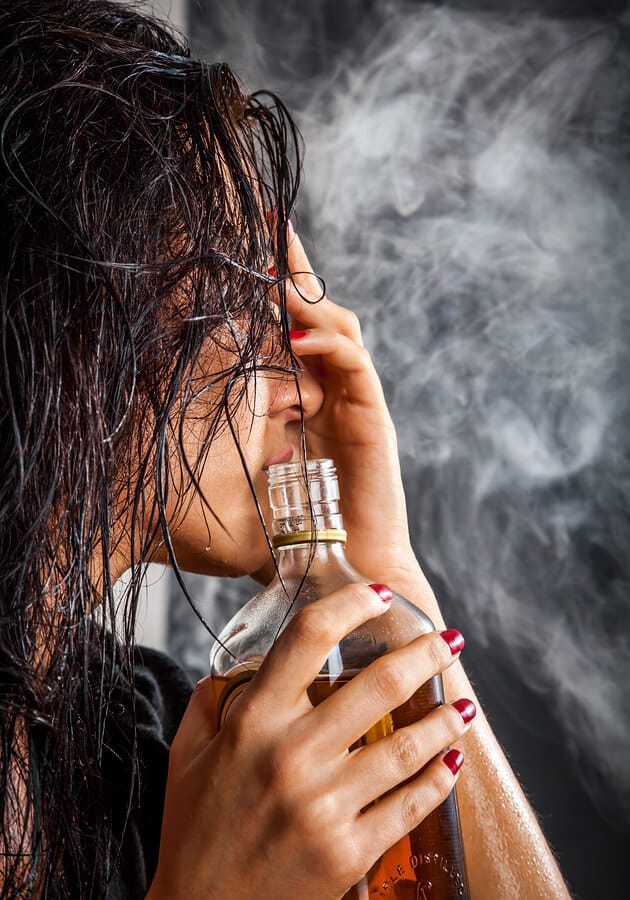
Discomfort, fear, and panic associated with withdrawal are caused by neurotransmitter imbalances in the brain. The good news is that these imbalances can be alleviated by other substances during detoxification, and ultimately fixed by nutrient repair, exercise, and other deliberate lifestyle changes.
The addicted brain has become accustomed to artificial surges in GABA, a neurotransmitter that makes us feel relaxed; endorphins, which make us feel euphoric and pain-free; serotonin, which makes us feel confident; and dopamine, which motivates us to keep drinking.
There are other neurotransmitters involved in addiction, but these are some of the most important ones to understand.
Dopamine is also responsible for “euphoric recall,” which makes us equate everything alcohol-related with total bliss – despite all of the available evidence to the contrary (which we ignore).
When an addicted person quits suddenly, he or she feels tremendous fear and panic (low GABA and high glutamate), tenderness and pain (endorphin deficiency), and zero motivation or focus (low dopamine).
Therefore, in order to break the cycle, the alcohol-addicted brain must be provided with biochemical support while it breaks its dependence.
Below you will find solutions that help normalize brain chemistry while alcohol is removed from the system.
Plan #1: Benzodiazepines
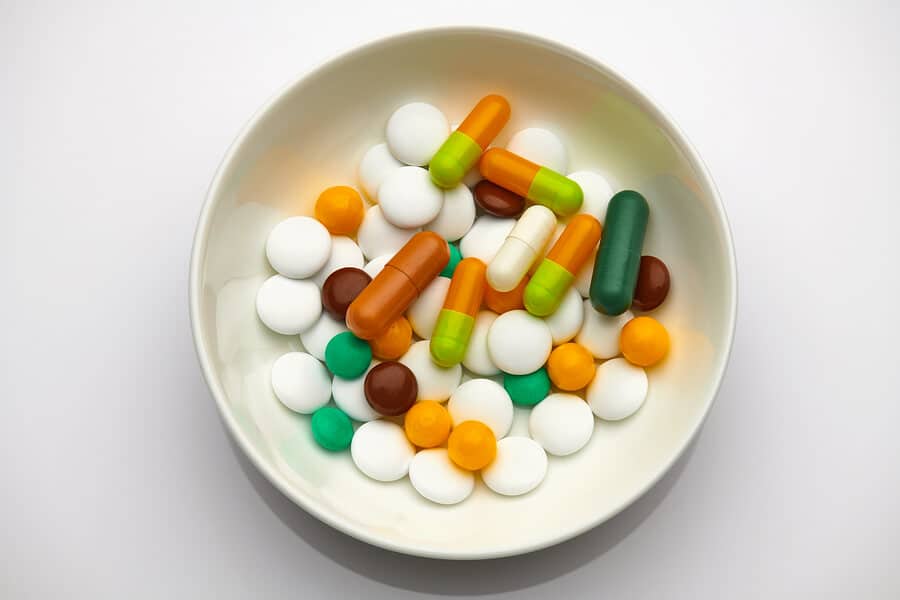
Benzodiazepines are anti-anxiety drugs that must be obtained by prescription from a doctor. Typically, these are the drugs that are used in professional detox settings. If your doctor prescribes you with a benzodiazepine, it’s important to stick to the recommended dosage and plan for tapering the drug down to zero.
Usually, benzodiazepines will be used for a maximum of 7-10 days. A taper means that a large initial dosage will be given, followed by a gradual decrease in the dosage each day.
Benzodiazepines effectively relieve withdrawal symptoms such as panic, fear, shakiness, and insomnia. They do this because they activate GABA receptors in a similar way as drinking.
To learn more about which benzodiazepines your doctor might prescribe for you, you can read the following articles:
Some benzodiazepines have a longer half-life than others, which means they stay in your system longer. Ativan is often used for withdrawal because it has one of the longer half-lives among this class of drugs.
Plan #2: Alcohol Taper
During an alcohol taper, drinking is gradually reduced over a set period of days until consumption reaches zero.
This method does require willpower but it can be done with enough resolve. Benzodiazepines and other drugs have not been around for nearly as long as alcohol. People have been using alcohol tapers for millennia!
Before I quit drinking for good, I would often take periodic breaks from drinking. I would accomplish this by tapering the amount that I drank by 1 or 2 drinks per day. Because drinks is not suddenly removed from the bloodstream, the body and brain does not experience horrible withdrawal symptoms.
If you drink 15 beers per day, you could cut down by 2 drinks per day and be tapered off in about a week. If you were to experience unpleasant symptoms, you would slow down the rate at which you are tapering. Conversely, you could speed up your taper if you feel pretty good.
You might find that kudzu, an herb from Asia that has been used for many centuries to reduce drinking, helps to get your alcohol taper started. You also might use Calm Support, which contains important depleted nutrients like thiamine and many other active vitamins and herbs that can help you quit drinking.
The worst part about doing a taper is the inevitability of boredom and perhaps some mild depression or insomnia. To eliminate these symptoms, there are natural herbs and supplements that you can use. I can also tell you from experience that light exercise, meditation, and an epsom salt bath will all help to eliminate tension and restlessness!
Plan #3: Kava
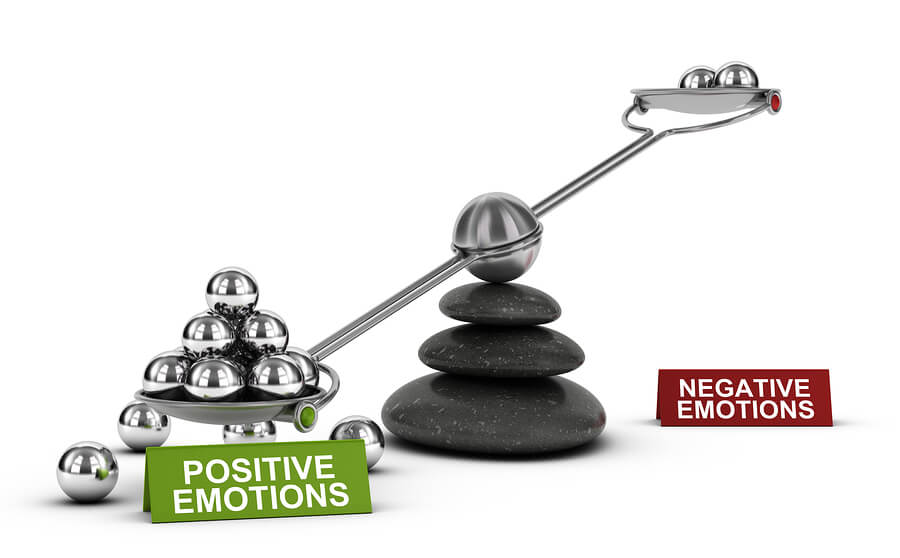
For people with mild to moderate withdrawal symptoms, kava can be used to significantly reduce some of the symptoms of withdrawal:
- Anxiety
- Insomina
- Depression
Kava is a root from the West Pacific that has been used for hundreds of years to induce relaxation, talkativeness, and traditional rituals. It is not physically addictive, nor is it dangerous. In the early 2000s, a careless company sold toxic kava leaves (traditionally, only the roots are used!), contributing to liver damage in several individuals.
Kava contains natural compounds called kavalactones, which stimulate GABA receptors in a similar way as liquor and benzodiazepines. Kava does this in a much gentler way. It does not feel the same as drinking; rather, it imparts a light buzz and a mildly transcendent feeling.
Most kava products now carry a warning about liver damage, but quality kava from vendors like Top Extracts are safe and effective. I have already written an article about how to use kava for withdrawal.
Plan #4: Kratom
Kratom is a plant related to coffee that grows in Southeast Asia. It has been used by countless opiate addicts and alcohol-dependent Americans to reduce withdrawal symptoms and cravings.
Unlike kava, kratom does not have any impact on GABA receptors. It is therefore not appropriate for the most severe addicts. Instead, kratom stimulates the endorphin centers of the brain, relieving depression and insomnia and boosting overall mood.
If I had known about kratom when I quit drinking, I would have used it to get past the worst episodes of depression that accompany withdrawal. If I had tried kratom before my withdrawal symptoms became severe, I bet that I could have successfully switched from alcohol to kratom.
Kratom is much easier to quit . It can be physically addictive, but I have used it on many social occasions and never felt any cravings. The majority of kratom users do not experience physical dependence, but those who use it daily for long periods are at risk for developing dependence.
If you do not have severe withdrawal symptoms that would require GABA levels to be supported, then you may benefit from reading my article about how to use kratom for withdrawal.
Some people have told me that kratom and kava go especially well together. My favorite kratom for a peaceful and relaxing buzz is Classic Red Bali from Top Extracts, although I’ve also become a fan of their Yellow Indo kratom. Typically, 1-2 teaspoons of kratom steeped in hot water and sipped slowly will impart its effects.
Plan #5: Phenibut
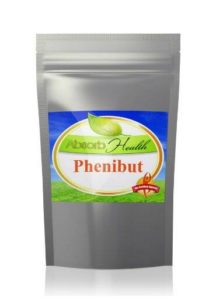
Phenibut is a popular brain-enhancing supplement (nootropic) that is available in the U.S. as a supplement in powder form. Its primary mechanism of action is as a GABA-B receptor agonist, meaning that it stimulates certain GABA receptors, leading to a sense of calm, relaxation, and well-being.
Phenibut also mildly boosts dopamine levels, resulting in less drowsiness than benzodiazepines. Overall, phenibut is the closest thing to a legal over-the-counter benzodiazepine that exists in the U.S.
To use phenibut as a method, the minimum amount should be used because this substance can cause physical dependence at a sustained daily dose of 1 gram over 10 days.
If I had known about the use of phenibut for withdrawal before I quit drinking, I would have tapered my drinking to a manageable level, and then substituted 250 mg of phenibut INSTEAD of alcohol on my first day without drinking. I would have taken a maximum of four 250 mg doses, and then tapered this down to zero over the course of 4-5 days.
My favorite source of phenibut is Absorb Health, which is known for having the purest and highest quality nootropics. Their phenibut powder contains dosage information; typically 1/8 of a teaspoon is enough for me to feel mild effects. I only use phenibut on long airplane rides and extended social events.
Can your body heal if you stop drinking?
The human body has a remarkable ability to heal from prolonged drinking. Unless you’ve been diagnosed with severe brain damage (likely due to vitamin B1 deficiency) or alcoholic cirrhosis, the odds of healing your brain-body system are in your favor.
But it’s crucial to act now to avoid inflicting permanent damage on your brain or liver. When I was in detox for withdrawal, I met several people with cirrhosis. It’s a scary disease, and although treatments are getting better, a liver transplant is often required.
Not only can your body heal if you stop drinking, but you’ll actually increase your chance of staying sober if you focus on proactively regaining your health through diet, natural supplementation, and lifestyle strategies. Too many people focus solely on psychological healing, only to be brought down later by biochemical imbalances caused by alcohol that can linger for months or years.
Be sure to check out my articles on detox supplements and body repair after quitting drinking if you’re new to this subject!
What to do when you want to stop drinking

Succeeding is a big deal – many hospitals charge up to $1,000 per day to administer benzodiazepines and monitor patients going through withdrawal!
At the same time, it’s best to get professional treatment if you have severe withdrawals or other health complications (such as heart problems) that could make withdrawal more risky.
Once you finish detoxing, you will want to stave off relapse and maximize your chances of conquering addiction once and for all. Be sure to cover the following bases:
- Nutrient repair is the most underrated strategy for long-term addiction recovery
- Eating quality foods and avoiding the cycle of hypoglycemia will enhance your sense of well-being
- Beginning an exercise regimen can rewire your brain away from drinking
- Using a nonprescription, antihistamine-free, herb-based sleep formula like Sleep Support can help combat insomnia after quitting drinking
- If you need further help, there are some underrated medications for alcoholism that have been found to reduce protracted withdrawal symptoms and cravings
For comprehensive information that covers all of the above subjects and MUCH more, sign up for Total Alcohol Recovery 2.0!
More Tips for Coping
I go through the A-Z of quitting drinking, repairing your body and brain, and transcending alcohol forever in my online course, Total Alcohol Recovery 2.0. This program contains everything that our treatment industry, with its appalling relapse statistics, leaves out about detox and recovery.
Along with a huge amount of practical information for detox and recovery, you’re also join hundreds of amazing individuals from around the globe who have been in your shoes!
You have the power to dominate addiction forever, IF you build up the resolve to do whatever it takes to win.
Since everyone is biochemically different, you might have to try a few methods before you finally get it right. There is no shame in revising your strategy and trying again.
Beating addiction is a marathon, not a sprint. Frame every success and setback as part of your own personal struggle – a struggle that will make you stronger in the long run.
If you have any questions about alcohol detox at home, please leave them in the comment box below.

Authors
-
A decade+ addiction-free, Chris Scott, the visionary founder of Fit Recovery, passionately guides Fit Recovery 2.0 Members toward a vibrant, healthier lifestyle. Through the integration of groundbreaking nutritional strategies, transformative reframing techniques, neurolinguistic programming, and dynamic pro-recovery habit systems, he inspires individuals to boldly take charge of their lives and break free from alcohol. Chris is celebrated as a Professional Member of the Alliance For Addiction Solutions. Moreover, he is the proud author of the bestselling book "Drinking Sucks!" which stands as a vital beacon of hope for those yearning to quit drinking. Additionally, he created the celebrated online program Fit Recovery 2.0, designed to provide unwavering support for individuals embarking on their recovery journey.
View all posts Fit Recovery Founder & Director -
Dr. Ken Starr is board certified in both Addiction Medicine and Emergency Medicine, and diplomate of the American Board of Addiction Medicine. In addition to his work as the Addiction Medicine Director for Fit Recovery, he operates Ken Starr MD Wellness Group in Arroyo Grande, CA. His clinic offers advanced drug and alcohol detox methods, long term recovery facilitation, and IV nutritional programs including NAD+ therapy.
View all posts


